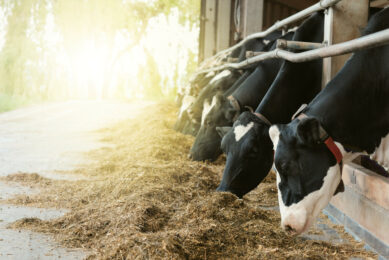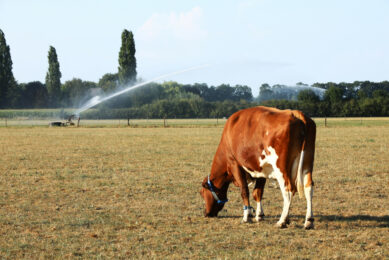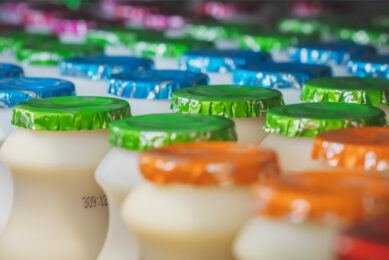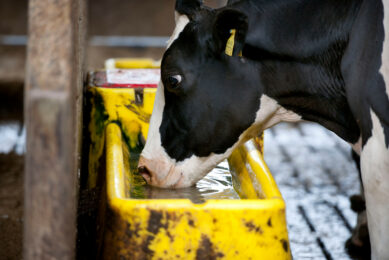Pomegranate peel relieves heat stress in broilers
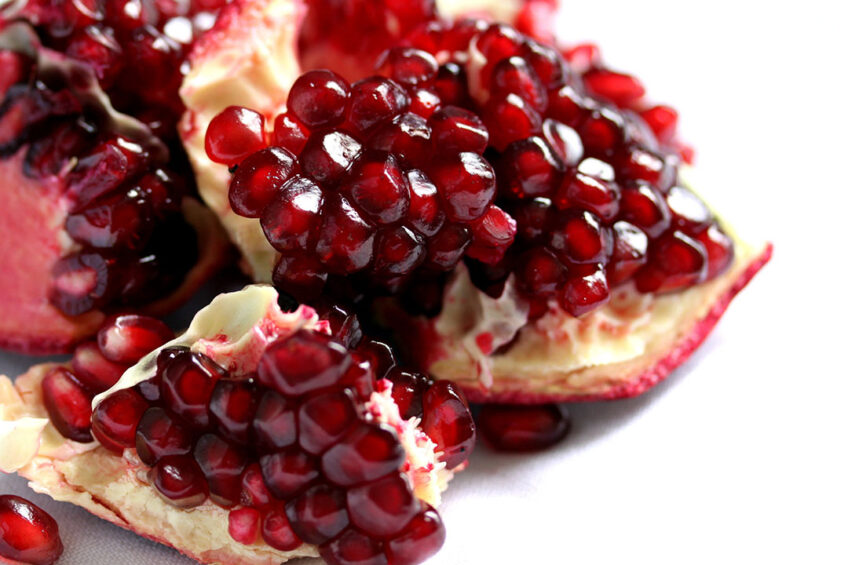
In a recently published study, researchers found urea-treated pomegranate peel is effective in alleviating the adverse effects of heat stress in broiler chickens.
The pomegranate peel contributes to about 26–30% of the total weight of the pomegranate fruit. Therefore, the processing of valuable products from the pomegranate produce large amounts of the peel. Besides the nutritional value, harnessing the peel into an enhanced animal feed product would be an environmentally friendly move. The pomegranate peel is a rich source of polyphenols such as the flavonoids and hydrolysable tannins.

The study
In the study, the researchers used a total of 200 day-old broiler chicks from a commercial hatchery to investigate the effects of the urea-treated pomegranate peel on growth performance, carcass and meat quality, intestinal morphology, and immunity in heat-stressed broilers.
All broiler chicks were reared under thermoneutral temperatures until day 24, and then subjected to cyclic heat stress for 6 hours per day from day 25 to day 42. The fresh pomegranate peel was mixed with 10g solid urea/kg of the peel dry matter and ensiled in 3 litre plastic buckets for 2 months before drying at 50 °C for 3 days.
The study consisted of 4 dietary treatments as follows:
- Control diet (0 UTPP g / kg feed); (UTPP = urea-treated pomegranate peel)
- 15 g UTPP/ kg feed
- 30 g UTPP/ kg feed
- 50 g UTPP/ kg feed
The beneficial effect of the peel on performance can be attributed to the peel’s anti-oxidative and immune-stimulating properties and ability to improve intestinal morphology
Benefits of urea treatment
Comparing the effectiveness of various chemical agents (urea, polyethylene glycol, and calcium hydroxide) in previous studies, the researchers found urea to be the most suitable additive for ensiling the peel as it reduced the total polyphenolic compounds and total tannin contents while preserving the content of important antioxidant tannins (punicalagin and ellagic acid). Following the processing of the peel with urea, the researchers found increases in the content of gross energy and crude protein, and dry matter digestibility.
Growth performance
The urea-treated peel showed a significant increase in body weight gain, and an improved feed conversion, both, before and during the heat stress periods (day 25 – 42). No significant differences in feed intake were observed during the heat stress period, although values were slightly lower in the peel diets. “The beneficial effect of the peel on performance can be attributed to the peel’s anti-oxidative and immune-stimulating properties and ability to improve intestinal morphology,” the researchers remarked. The treatment with urea also increased the gross energy and protein content of the diet.
Carcass and meat quality
Exposing broilers to heat stress reduces protein synthesis and promotes protein degradation in the breast muscle. In the study, an increase in carcass and breast yield was observed with increasing levels of the urea-treated pomegranate peel. They attributed the increase to the positive effects of the peel’s bioactive compounds on the antioxidant status of breast muscle. They also stated that the increase in breast muscle proportion might be a result of the improvement in growth performance.
In addition, heat exposure increases the lipoprotein lipase activity while decreasing that of hormone-sensitive lipase, resulting in enhanced fat deposition in the abdominal cavity of broiler chickens. In the current study, the peel reduced the abdominal fat proportion; the researchers’ explanation was that this is possibly via inhibiting the activity of pancreatic lipase and activating the AMP-activated protein kinase (lipogenesis and fatty acid oxidation regulatory enzyme).
“The results indicate the peel improves meat quality in broiler chicks under heat stress, as evidenced by the improved oxidative stability and water holding capacity of the breast meat and thigh meat prior to and during frozen storage. This improvement is probably due to the ability of polyphenols in scavenging reactive oxygen species within the cell membranes, as well as their capacity to form complexes with iron and copper redox-active forms,” said the researchers. In addition, the peel reduced the malondialdehyde (marker for oxidative stress) content in both plasma and breast meat (during storage).
Intestinal morphology
Heat stress may compromise the intestinal structure and function through several mechanisms. This necessitates a normal and stable microbiota for optimal GIT development and function during heat stress. In the current study, dietary UTPP inclusion resulted in longer and thinner villi, deeper crypts, and higher villi to crypt ratio. Deeper crypts provide more functional epithelial cells that help to counteract the possible adverse effects of heat stress on the intestine.
The researchers concluded that a large quantity of polyphenols that escapes digestion and absorption in the small intestine and accumulates in the hindgut may act as prebiotic substances, increasing the abundance of beneficial bacteria, while reducing the pathogenic bacteria. They also mentioned that the antioxidant polyphenols can protect the GIT from heat-induced oxidative stress. Table 1 shows the effect of feeding urea-treated peel on jejunal histomorphometry of broilers reared under heat stress.
Paper published in Animal Feed Science and Technology: Growth performance, carcass and blood traits, immunity, jejunal morphology and meat quality of heat-stressed broiler chickens fed urea-treated pomegranate (Punica granatum L.) peel.
Join 13,000+ subscribers
Subscribe to our newsletter to stay updated about all the need-to-know content in the dairy sector, two times a week.



